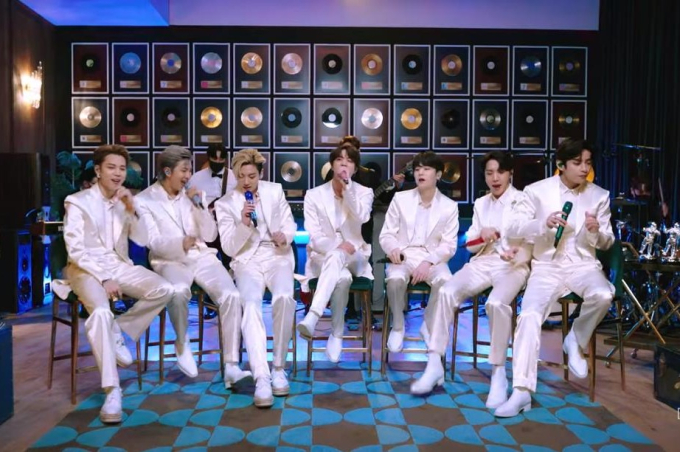Fresh attempts to produce K-pop boy bands abroad raise eyebrows
By Feb 24, 2021 (Gmt+09:00)
LG Chem to sell water filter business to Glenwood PE for $692 million


Kyobo Life poised to buy Japan’s SBI Group-owned savings bank


KT&G eyes overseas M&A after rejecting activist fund's offer


StockX in merger talks with Naver’s online reseller Kream


Mirae Asset to be named Korea Post’s core real estate fund operator



Last month, South Korea-based Big Hit Entertainment Co. announced plans to team up with Universal Music Group to debut a K-pop boy band in the US. The announcement sent shock waves throughout the entertainment industry, considering it was a tie-up between the world’s largest record company and the label behind global sensation BTS.
As part of the partnership, the Korean entertainment company is set to oversee training and performance, such as vocals and choreography, while Universal Music will handle music production and distribution.
The two companies' search for a fresh K-pop boy band will be globally televised next year. The selection process will be carried out in the US, making it less likely for a native Korean to be included in the final member lineup.
This is not the first time for a Korean entertainment label to produce a K-pop group abroad without native Korean members. Last December, one of Korea's leading labels, JYP Entertainment Inc., debuted the all-Japanese group NiziU in Japan.
The girl group secured an appearance on Japan's prestigious music TV show, Red and White Song Battle, before the debut. The group's first album also topped music charts in Japan.
In 2019, JYP and SM Entertainment Co. -- the label behind Red Velvet and EXO -- also each unveiled boy bands made up of Chinese members, Boy Story and Way V, respectively, in China.

“Hallyu, or the so-called Korean Wave, can be categorized in phases. The first phase was when Korean celebrities directly tapped into overseas markets in the 2000s. The second phase was when K-pop groups began to include foreign members -- and now the third phase is K-pop labels entering overseas markets directly,” said an entertainment industry official.
However, there is also some pessimism in the market, as K-pop is still not considered mainstream in the US music industry. Such concerns were reflected in Big Hit's share price, which dropped by around 3% for three consecutive days following the announcement.
Others say that Korean entertainment companies need to be careful of potential technology leaks.
"If global entertainment firms acquire the know-how from Korean labels to create their own versions of K-pop groups, there is a chance that Korea may actually be excluded from the K-pop hype," said Jung Duk-hyun, a culture critic.
Write to Soo-young Seong at syoung@hankyung.com
Danbee Lee edited this article.
-
 K-pop platformBig Hit, Naver to join with Universal Music to take K-pop platform global
K-pop platformBig Hit, Naver to join with Universal Music to take K-pop platform globalFeb 04, 2021 (Gmt+09:00)
2 Min read -
 K-pop platformNCSoft’s UNIVERSE fuels competition in K-pop entertainment platforms
K-pop platformNCSoft’s UNIVERSE fuels competition in K-pop entertainment platformsJan 19, 2021 (Gmt+09:00)
3 Min read -
 Korean musicBTS sweeps Spotify's most-streamed K-pop list in 2020
Korean musicBTS sweeps Spotify's most-streamed K-pop list in 2020Jan 07, 2021 (Gmt+09:00)
1 Min read -
 K-contentK-content companies set to rule 2021 stock market after breakneck growth
K-contentK-content companies set to rule 2021 stock market after breakneck growthDec 14, 2020 (Gmt+09:00)
3 Min read -



